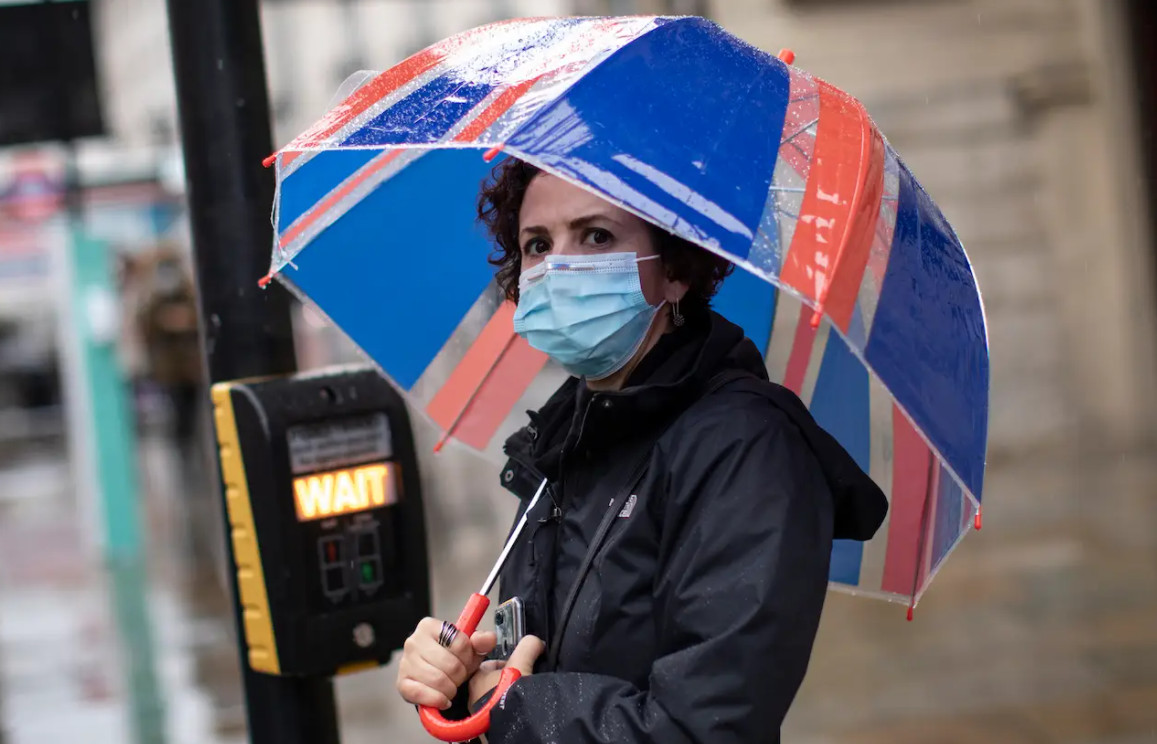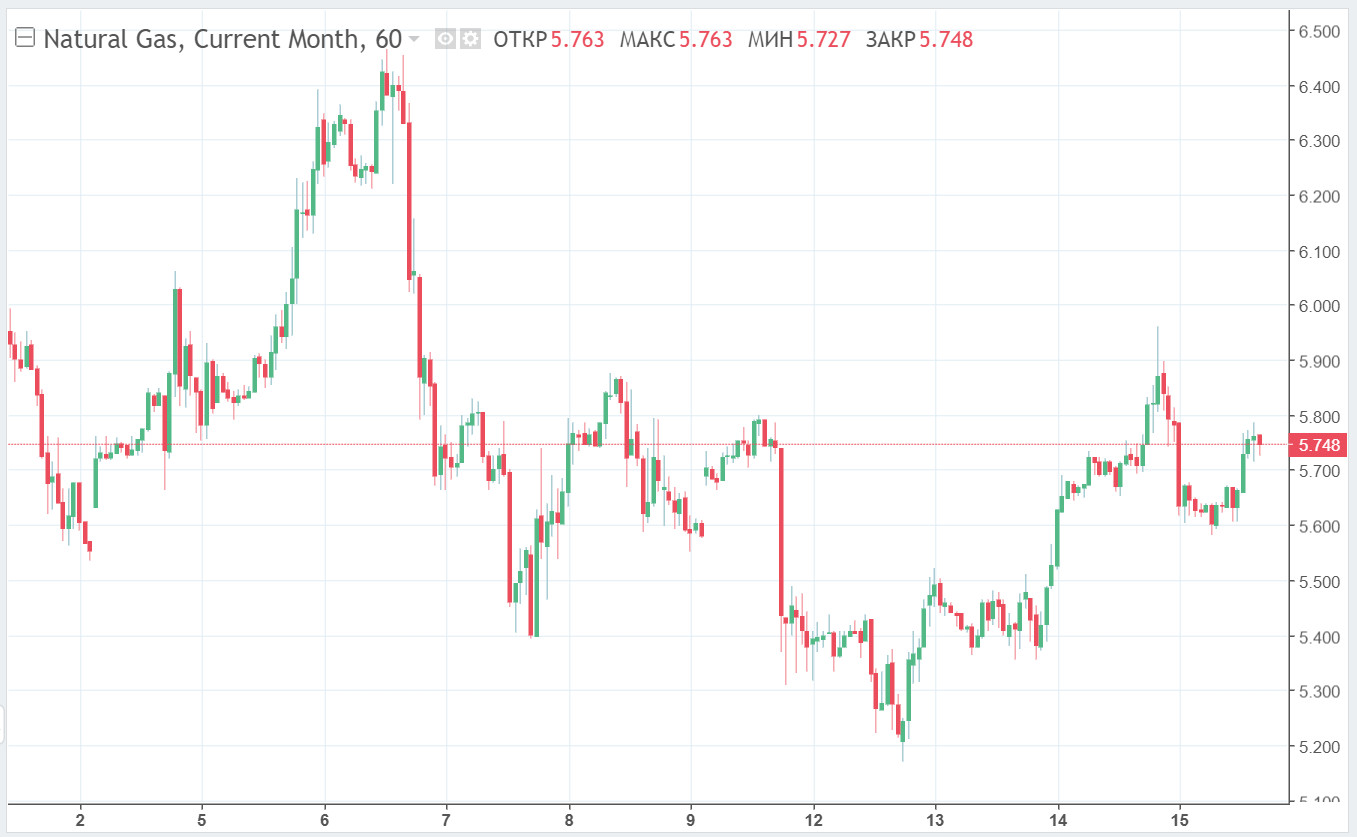
Supply chain disruptions and strong price pressures are preventing the global economy from regaining its performance to the pre-pandemic indicators. The UK is struggling to regain its former economic performance and the country may be on the verge of another crisis. UK Steel, a group that promotes the British steel industry, reported that soaring wholesale gas prices are hampering the UK economic recovery.
The surge in energy prices stopped the work of many plants in the country. A new wave of rising fuel prices is triggered by a cold spell and the start of the heating season. This may create a situation in which profitable steel production will be impossible. Plants will be forced to halt production for a long time, which will severely affect the steel supply chain and reduce the number of jobs in the UK.
Notably, a sudden shutdown forces companies to face a series of problems. First of all, the equipment is at risk of damage due to a sudden slowdown and further downtime. Its operation in the future will be highly doubtful. Secondly, breakdowns and other factors may increase costs. Finally, the increased greenhouse gas emissions in the UK can pose a threat of ecological disaster.
UK Steel representatives have urged the government to help prevent the situation now to avoid severe and irreparable consequences in the future. Secretary of State for Business, Energy and Industrial Strategy Kwasi Kwarteng reassures the public that the UK government has already initiated measures to support the energy sector, which has suffered from the recent gas price hikes.
The price of natural gas in Europe has risen more than fourfold since the beginning of this year. In early October the prices were swinging. On October 6, the price exceeded $ 1,900 per 1,000 cubic meters and on October 7 it dropped below $ 1,000 per 1,000 cubic meters. The Financial Times reported that the price adjustment was related to the statement of Russian President Vladimir Putin about the readiness of the country to assist in the stabilization of the natural gas price in Europe.
At the time of this writing, natural gas futures have reached $5.74 and are still rising.

In general, the economic recovery, both in Europe and around the world, is proceeding at a slow pace. The International Monetary Fund decided to lower its forecast of global GDP growth for this year, given the weight of the problems shattering the countries, including the natural gas crisis. Thus, the GDP growth expectation was decreased to 5.9% from 6.0%. Although the forecast is reduced very slightly, it reflects a significant decline in the GDP of many countries. Supply chain disruptions, as well as problems in the energy industry, are hitting both developing and developed countries, including the UK.
The UK's GDP growth forecast for 2021 fell by 0.2% to 6.8%, compared with July's projections. For the US, the 2021 growth forecast decreased by 1.0% to 6.0%. In Germany, there was a decrease by 0.5% to 3.1% and in Japan a drop by 0.4% to 2.4%.
China has better prospects. Its GDP growth rate was reduced by 0.1% to 8.0% only. Expectations for India's GDP remained unchanged at 9.5%. However, other Asian countries cannot share the same optimistic outlook due to the active growth of COVID-19 cases in the ASEAN countries (which includes Indonesia, Malaysia, the Philippines, Singapore, and Thailand). The International Monetary Fund lowered its forecast for the ASEAN countries by as much as 1.4%.
Supply chain disruptions have severely hurt global production activity. This has been compounded by a severe shortage of shipping containers, choked ports, and an unexpected shortage of logistics workers. Manufacturing around the world is now stagnating, with production capacity having to shrink due to a severe shortage of key components in factories (mostly semiconductors).
Besides, the IMF said that such a slow pace of coronavirus vaccination in low-income countries might create even greater economic inequality, or, in other words, poor countries could become poorer. It is estimated that between 65 million and 75 million people could occur below the poverty line this year. The total output in poor countries next year is expected to be a substantial 6.7% lower than before the pandemic.
 English
English 
 Русский
Русский Bahasa Indonesia
Bahasa Indonesia Bahasa Malay
Bahasa Malay ไทย
ไทย Español
Español Deutsch
Deutsch Български
Български Français
Français Tiếng Việt
Tiếng Việt 中文
中文 বাংলা
বাংলা हिन्दी
हिन्दी Čeština
Čeština Українська
Українська Română
Română

